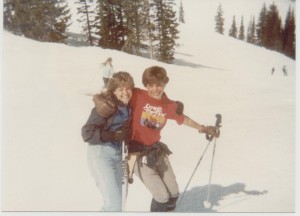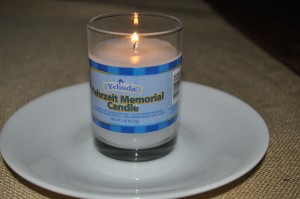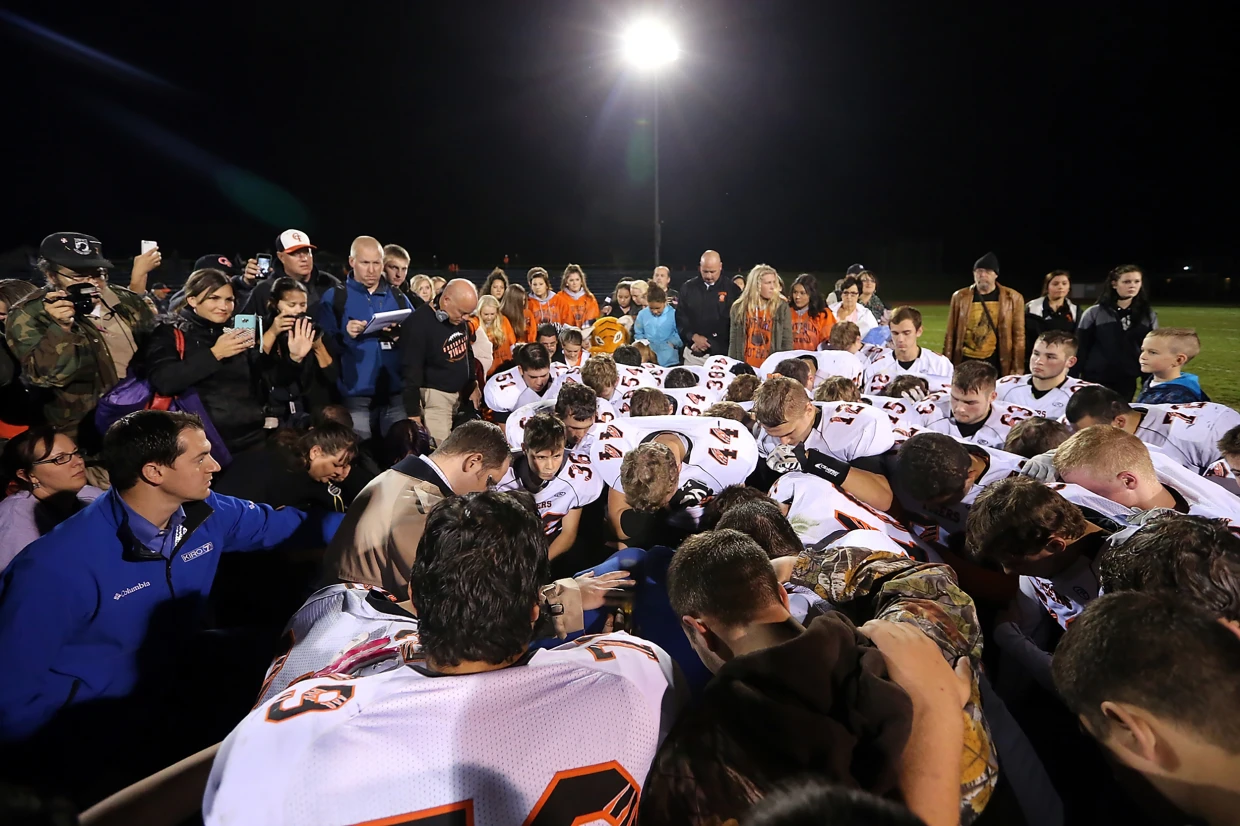Jewish mourning rituals meant nothing to me when my brother died. It took nearly two decades for me to embrace the gift Judaism gives mourners – regular times to remember the loved ones we have lost.
My brother Kevin died 26 years ago today on March 1, 1986. He was 23. I was 21. I grew up ignorant of the structure my religion offers mourners. Singing in temple choirs and attending Shabbat services gave me my first lessons about Jewish remembrance. I noticed the people who stood to hear the names of those they had lost – spouses, mothers, fathers, brothers, and sisters. Today, I am no longer so ignorant of my faith’s rituals. But, I confess, it’s not always easy to stop life and remember.
Going to services and hearing my brother’s name read on his yahrzeit, the anniversary of his death on the Jewish calendar, has comforted me annually for more than a decade. Sometimes, the yahrzeit falls on March 1, the date seared in my soul. Sometimes, the Jewish anniversary of his death falls a few weeks later. My temple sends me a letter listing the dates his name will be read and offers the option of services the week before or after if the first dates are inconvenient.
This year, as I juggle teaching a college class, caring for our 4-year-old a few days a week, and writing, the dates have come up too quickly. March 16 and 17, his name will be automatically read at Shabbat evening and morning services. Those dates fall at the end of my spring break from teaching. I will be in town the evening of the 16th, but do I want to rush out to services after some time away? I could skip it this year, couldn’t I? I could pick the week before or after, but my family has plans on one of those weekends and there’s that writing conference I want to attend the other weekend. Or maybe I could go to Saturday morning services on the designated weekend. Like memorial services at Passover, the Shabbat morning services attract a small, regular crowd of worshippers. They are, I hear, intimate and warm.
I let no one down but me if I do not attend services to hear my brother’s name read. I can light a memorial candle at home and think of my brother. I used to do that before I became comfortable attending Shabbat services. And yet the tug to attend a service and hear his name read is so strong. It as if God is listening when I hear my brother’s name read in a sanctuary. It as if the world is listening whether the sanctuary is filled or nearly empty.
I am making the decision as I write this. Skip hearing my brother’s name read? No. I will go to services. Which day, I am not sure. There is a Hebrew phrase I love, “hineni.” It means “Here I am.” By going to services to remember my brother, it as if too, I am saying to my brother, “Hineni.” You are missed, Kevin. You are remembered.







Lovely, Linda. I’m so sorry about the loss of your brother. I agree; there’s great comfort in hearing one’s own voice and the responses of others during the Mourners’ Kaddish. I hope you find a way to hear them this year.
Thanks, Deborah. As I wrote, it took me a long time to realize how much going to services for the yahrzeit could help. First, I had to simply get comfortable with being in a sanctuary period. I’m going to find time to go this year. I might try the Saturday morning approach.
Dear Linda,
What a beautiful tribute to your brother. Your words and picture bring home how deeply felt your connection was and continues to be despite so many years since you lost him. So sorry for your loss.
Jessica
Dear Jessica,
Thank you so much. His loss at such a young age definitely left a huge gap in the lives of those who treasured Kevin. I still hear occasionally from some of his best friends, who remember their times with him so well even now. Linda
May you brother’s memory always be a blessing for you.
Pingback: Scheduling Remembrance : Tiferet Journal